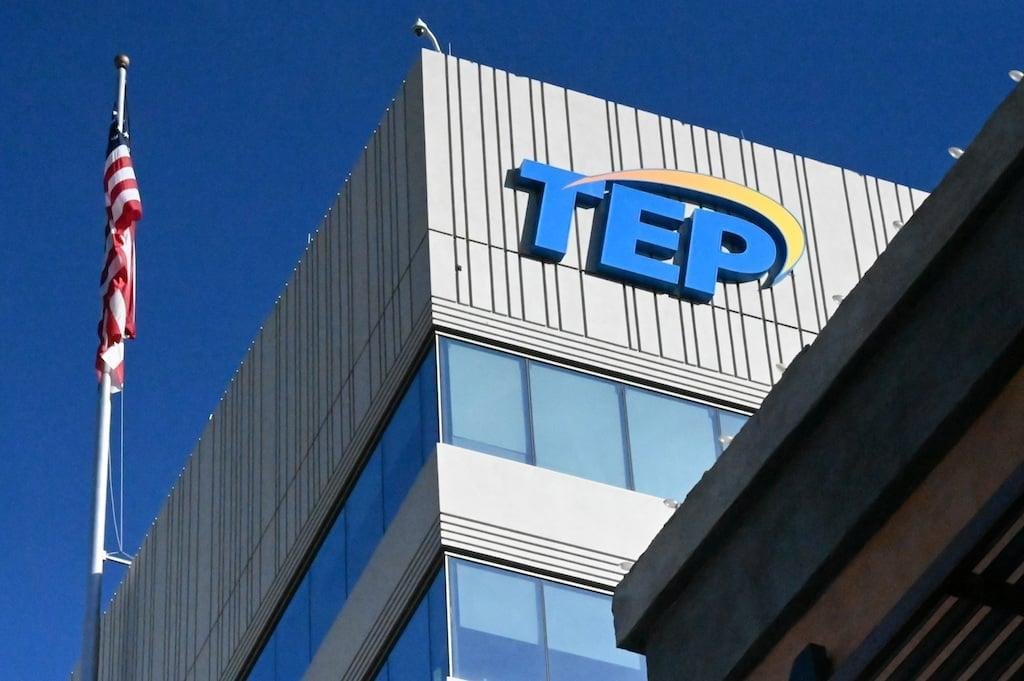Business
TEP Franchise Deal: Tucson City Council Shuts Door on November Election

The Tucson City Council has postponed a special election initially aimed for this November, which would allow voters to decide on a new franchise agreement with Tucson Electric Power (TEP). This decision follows a failure to reach an understanding before the July 1 deadline.
Mayor Regina Romero and the Council will now consider a potential election next spring, prior to the current franchise agreement’s expiration in April 2026. This agreement permits TEP to utilize city property to install power infrastructure without seeking individual permits, in exchange for a fee to the city.
The franchise fee is reflected in electric bills, currently set at 2.25% within city limits and 2% in South Tucson. Voters initially approved the current agreement in 2000, and while these contracts traditionally last about 25 years, a previous renewal attempt failed in 2023.
During Tuesday’s meeting, officials expressed frustration over TEP’s management and their perceived sluggishness in negotiations. Councilmember Karin Uhlich criticized TEP for not aligning with the city’s green energy demands. “We have shared objectives related to sustainability,” she stated, highlighting discontent with TEP’s responsiveness.
Assistant City Manager Kristina Swallow noted ongoing negotiations about non-climate-related aspects of the agreement, alleging TEP’s representatives missed the city’s feedback deadlines. Romero emphasized her dissatisfaction with TEP’s current position, asserting, “I am not going to tolerate this type of attitude.” The Council unanimously agreed to extend the deadline for negotiations to this fall, adhering to Arizona law requiring finalized terms at least four months before election day.
TEP spokesperson Joe Barrios expressed disappointment over the Council’s comments, noting that city staff did not invite TEP representatives to the meeting. Barrios asserted that the utility has been actively engaged in negotiations and remains committed to collaboration.
In the absence of a new franchise agreement, TEP foresees potential inefficiencies and increased costs in service provision. Over 3,600 Tucson residents have signed a petition advocating for the replacement of TEP with a locally-operated public power utility. Cities including Sacramento, California, and Massena, New York, already have successful public power systems, with supporters arguing they offer cost efficiencies.
Following the meeting, the Tucson Democratic Socialists of America (DSA) commended the Council for their cautious approach, advocating for public power as a genuine alternative, suggesting TEP prioritizes profit over public service.
Councilmember Kevin Dahl proposed exploring public power options further, suggesting a study session in the fall. A recent city-commissioned study established the feasibility of a municipal power utility, predicting future profits and cost savings, though acquiring TEP’s distribution system could incur significant costs between $1.4 to $3.7 billion.
Despite some skepticism regarding the debt involved, Councilmember Paul Cunningham noted the potential viability of the public power option, urging a thorough examination of the findings. Mid-meeting, TEP announced plans to seek a rate increase of around 14% starting next September, attributing this decision to inflation and infrastructure updates, which could raise monthly bills by approximately $16 for median users.

















